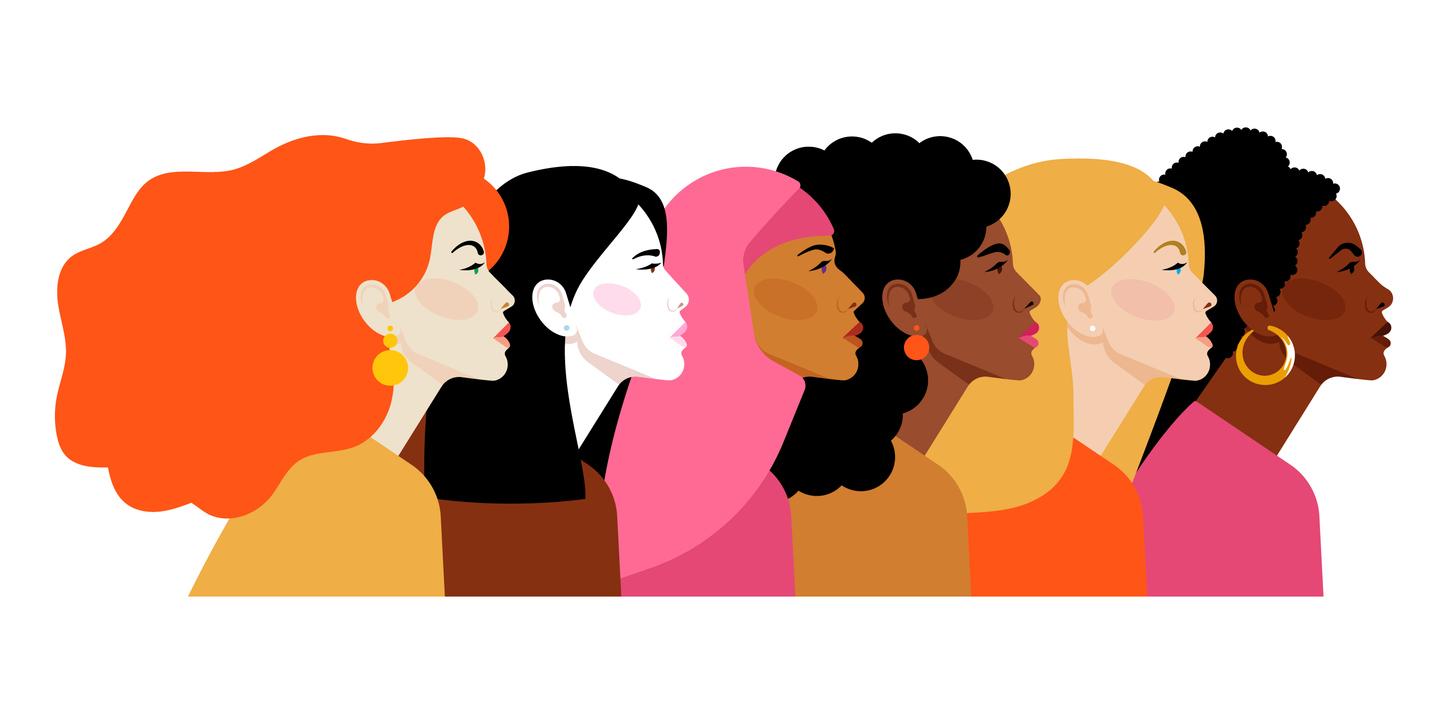“Beer bellies”, “man boobs”, baldness… Members of the male sex are also worried about their physical appearance. Even more than women, according to a study by the University of the West of England (United Kingdom) published in the journal Body Image last December. A total of 394 Britons were interviewed. Among them, more than four out of five men (80.7%) spoke about their body image by referring to their perceived flaws and imperfections, compared to 75% of women.
Anxieties, especially related to weight
The survey revealed that the men were very anxious about their bodies:
- 80.7% described it in a way that drew attention to their weight or lack of hair, for example;
- 30% have already been criticized for their “beer bellies”, 19% for their “man boobs” and 19% have been portrayed as “chubby”;
- 23% said their looks put them off going to the gym;
- 63% felt that their arms or torso were not muscular enough;
- 29% confessed to thinking about their appearance at least five times a day.
Thus, some resort to compulsive exercise (31.9%) or strict diets in an attempt to lose weight. 16% have already followed a low-calorie diet. About 4% even admitted to making themselves sick to control their weight, while 3.4% said they used laxatives for these same purposes. On the contrary, 18% followed a high protein diet to increase their muscle mass.
“Unrealistic ideals of physical perfection”
About three in five men (58.6%) also said that talking about their appearance affected them, usually in a negative way. Some 12% would be able to sacrifice a year of life if they could in exchange for a “perfect body”. 15.2% would give up 2 to 5 years. 5.3% would give up 6 to 10 years. 5.3% would sacrifice a decade or more.
In particular, respondents criticized the media and celebrities for reinforcing “unrealistic ideals of physical perfection”. One respondent stated as follows: “Girls want to be thin and men want to be tall and thin. And while it’s not a bad thing that people want to look better, it’s more like a competition that has a negative effect on most people’s mental health.”.
Dr Phillippa Diedrichs of the University of the West of England’s Appearance Research Center conducted the study. In The Guardianshe concludes: “We knew ‘body talk’ affected women and young people, and now we know it affects men too”.
Read also :
- I don’t like my body: what it reveals
- We #bodypositive with Ely killeuse!
- The Tinder dating application, a source of physical complexes?
















